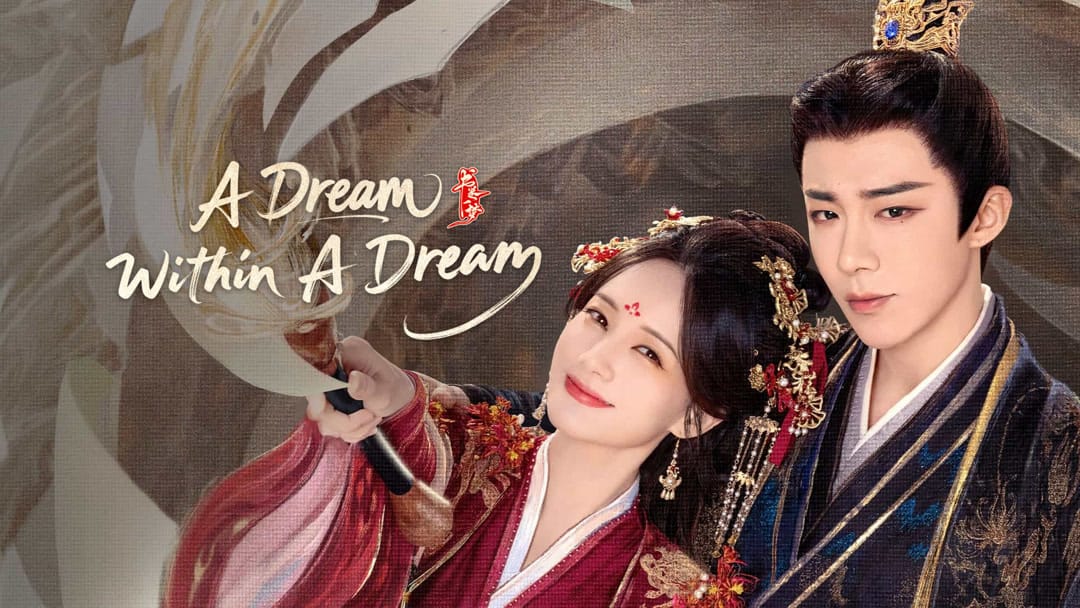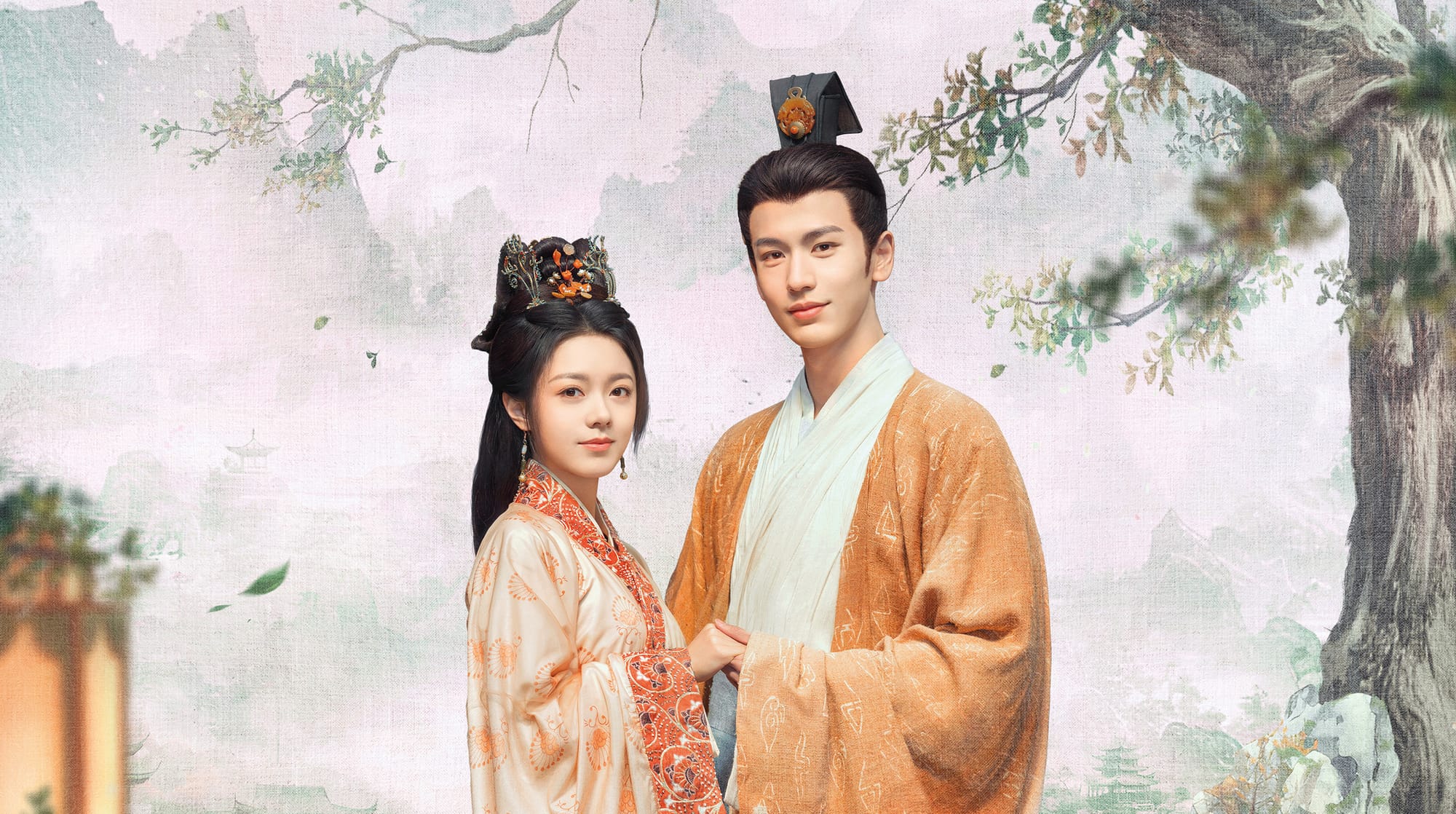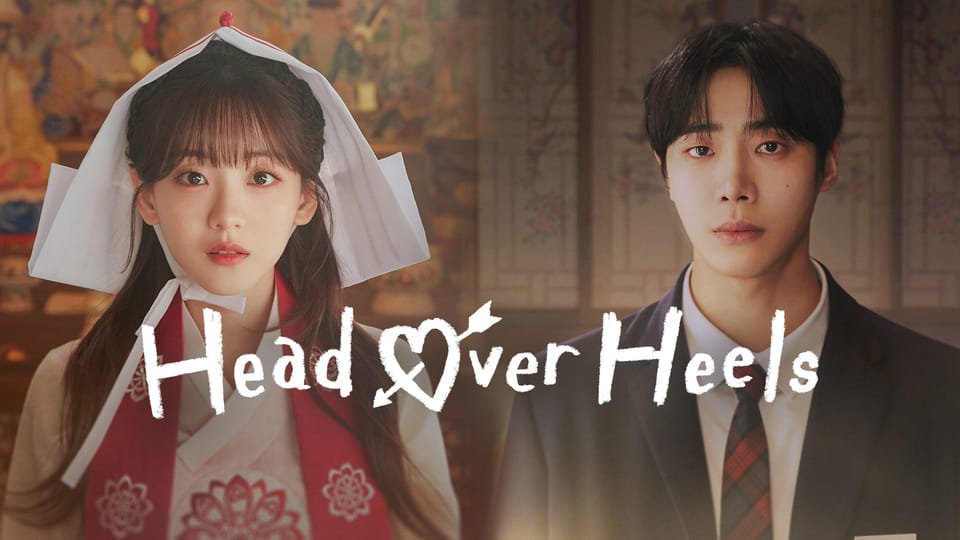A Dream within a Dream: Tangled Threads in a Captivating World
Unravelling my journey with the satirical Cdrama fantasy.

My first impressions can be found here:

My initial impressions of A Dream Within a Dream were fairly lukewarm, bordering on indifference to the early storyline. It wasn't until around episode 16 that the plot truly began to unfold and capture my interest. Prior to this, the drama largely consisted of a prolonged "enemies to lovers" build-up, characterized by a series of slapstick mishaps and misunderstandings between the two leads. Much of this involved our heroine, Song Yi Meng, in often-silly antics as she navigated the fictional world. These comedic elements were hit or miss for me; while I found the pre-wedding trials amusing and enjoyed the scenes where Liu Yu Ning's Prince Nan Heng reluctantly being forced to protect the female lead in life-threatening situations, many other attempts at humor fell flat though.
Initially, Li Yi Tong's portrayal of Song Yi Meng as an impulsive and naive character who gradually evolves into the more commonly seen "cunningly smart" female lead trope prevalent in many historical C-dramas; wisely leveraging her foreknowledge of future events to protect herself and her loved ones from the script's impending demise. This development was genuinely interesting turn of events. Early on, her actions felt purely reactive and outlandish, but as she began to understand the intricate threads connecting everyone in this world, her approach became more thoughtful and strategic.
Prince Nan Heng, on the other hand, began as a seemingly deliberate caricature of a cold, unfeeling villain—dubbed the "God of Death" and moonlighting as Li Shi Liu, leader of the Nightwalkers (a collective of outcast martial artists). Later on, we gain a deeper emotional insight into his character, revealing a man burdened by trust issues and both emotionally abused and physically threatened by his father, the Emperor, and his brother, Prince Nan Rui. Both leads give a solid performance but I did find their chemistry lacking, although it didn't stop me from enjoying the show to see where their story led to.
I loved the supporting cast, they truly shone, adding depth and humor to the main characters' arc through their interactions. I particularly enjoyed the silent stoicism of Prince Nan Rui's bodyguard, Ji Xiang, and the chaotic trio of Nightwalkers: Duan Shan Hu, Rong Hui, and Po Yun Long.
Despite the strengths, there are a couple of points that I found frustrating with the story. A major plot point is introduced in episode 30, with the unexpected introduction of the screenwriter character entering the fictional world to take control of the narrative. Although this was an interesting shift, it also confused me, as the "rules" of the script within the drama became openly inconsistent, making the entire story feel a bit messy and harder to follow. Furthermore, a persistent frustration was the lack of clarity regarding the female lead's ultimate goal. Was she trying to stay in this world? Escape back to her real life? For a 40-episode journey, the ending felt rushed with major conflicts being resolved far too quickly—characters like the King and Prince Rui, who had harbored intense hatred towards Prince Nan Heng, seemed to reconcile their differences overnight with little build-up or explanation.
The true conception of this story lies in its intriguing exploration of a fictional world existing within our own, making us question if we have our own pre-written destiny. Unfortunately, this fascinating meta-narrative is only briefly touched upon in the last couple of episodes and again summarised fairly hastily. This drama, at its heart, foregoes deep plots or profound emotional arcs. Instead, it thrives as a largely satirical piece, offering a narrative that, while entertaining, remains somewhat light on substantial plot development. If you are looking for a light-hearted escape with some genuinely funny moments and a moderately interesting "other world" trope, this is fairly entertaining.
My rating: 🧋 Good, worth watching.


